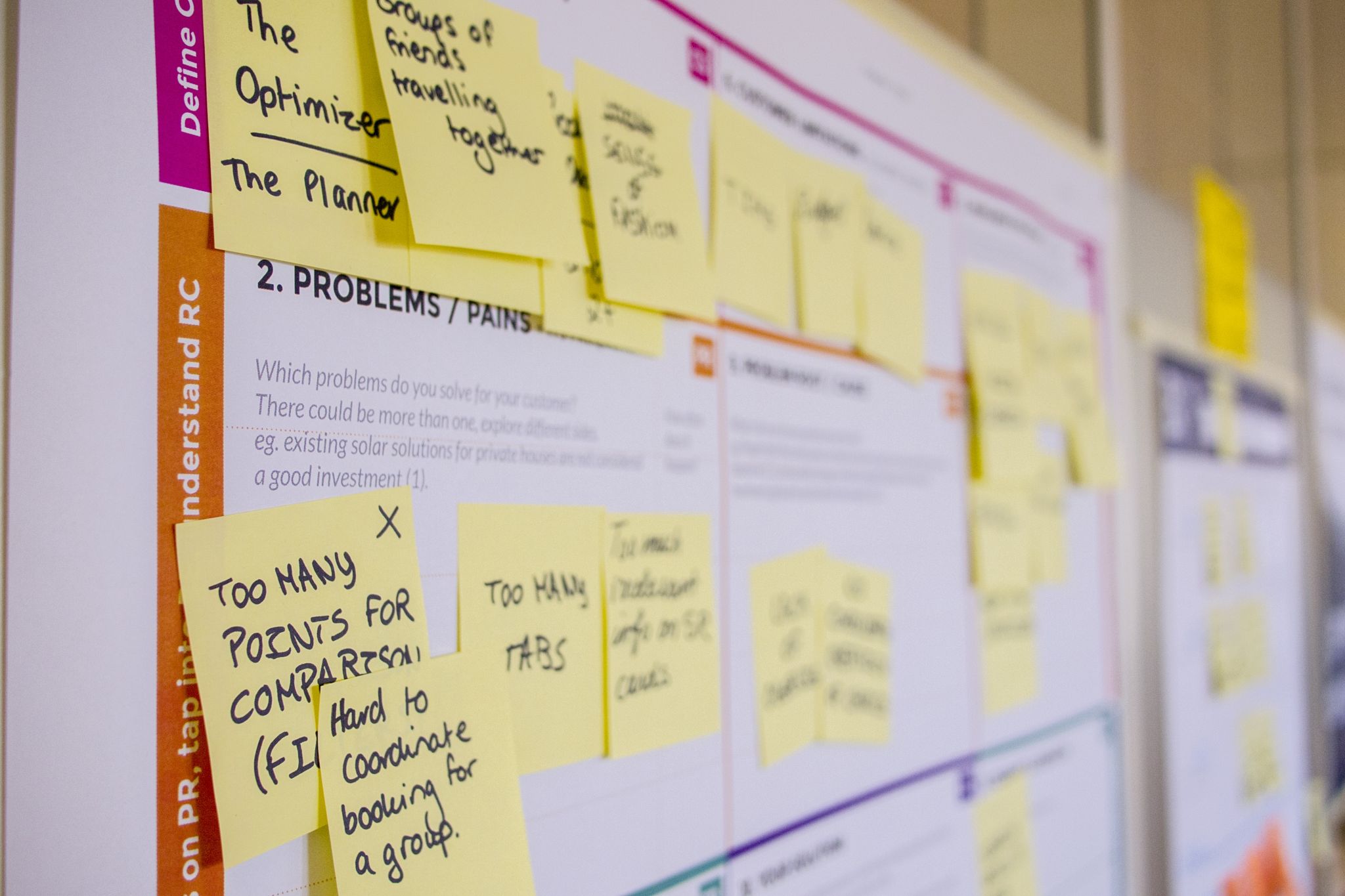Sometimes during an interview you can happen to deal with a recruiter who is deliberately trying to push you to the limits. This unexpected situation can be very difficult. How can we overcome it? We will present you some examples of uncomfortable situations… and some possible solutions.
The recruiter finds it fun to interrupt you every time you are speaking
It is rude and unpleasant to have the person you are speaking to interrupt you every time you are trying to answer a question but he enjoys doing so. Don’t get mad, don’t crack under the pressure and stay calm. Show him that you know what is going on and you can keep track of what you are saying and answer to his questions at the same time. That would convince him that you are capable of doing two things at the same time.
The recruiter is being aggressive towards you…
The recruiter keeps on being despicable to you despite you being nice and polite. This situation can get you so upset that you might start seeing the person you have in front of you as an enemy who is deliberately asking you disturbing questions. It is not true however. You must know that the recruiter does not have any personal issue with you and that he is giving you the same treatment like anyone else who would be sitting in his office. It is just an interviewing method. You must take up the challenge of the recruiter and understand that it is just a job interview, nothing else, nothing more. No matter what shot comes at you, you must see it as a game. If the recruiter asks you an aggressive question and you answer it with a smile that would definitely show that you are turning the situation in your advantage.
What about the indiscretions of the recruiter?
Even though an interview is not an excuse to step into your personal life, one must admit that when it comes to it, there is a thin line between invasive questions and private ones. It makes even more sense knowing that apart from your skills, the interview must also show your personality and your character. So expect to have some personal questions thrown at you, here and there. Questions like, « Are you married, do you have kids? » or again « do you plan on having any? » are obviously, invasive questions… You must however face the facts… Those invasive questions do have an impact on your work. The fact that you are married and have kids can have an impact on your flexibility and your availability at work but also reveal a sense of responsibility and some sort of stability. So you must accept the fact that you will be asked some personal questions. If however the person you will be talking to tend to ask questions that are getting too personal then be evasive.










